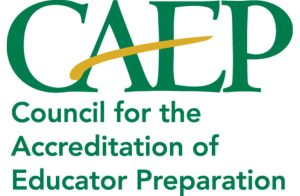Yes! There is a strong and growing demand for literacy and ELL specialists, especially in New York State. Many schools face shortages of qualified teachers in literacy and bilingual education. Children and adolescents, including ELLs, who do not meet literacy benchmarks are at a disadvantage academically and later in life, so schools are actively seeking trained professionals to address these gaps.
Program Overview
Literacy and English language learners program prepares individuals with initial certification to provide appropriate literacy assessments, interventions, and supports for all learners with a special focus on English language learners.
Children and adolescents, including English language learners, who do not meet literacy benchmarks are placed at a significant disadvantage both in school and in their later adult lives.
As well, candidates will acquire awareness and understanding of the social-cultural and socio-linguistic issues that impact the acquisition of English as an additional language. The program includes the most current theory and practice, and the program leads to New York state initial certification as literacy specialists birth to grade 12 and as ESOL teachers birth to grade 12.
Candidates must hold a teacher certification in another area prior to admission that includes at least six credit hours of literacy coursework in literacy skills and methods, and three credit hours of coursework in teaching students with disabilities.


Experiential Learning
Apply the principles of effective literacy instruction to all learners, with a special focus on English language learners.
Diversity
Address a variety of literacy strengths and needs in both traditional and inclusive classrooms with learners of diverse cultural, ethnic, linguistic, racial, and social backgrounds.
Support
Identify and support all learners with literacy difficulties, including English language learners, through appropriate assessments, intervention, and curricular adaptation.
Prepare to Soar
Academic, Experiential, and Career Pathways
Career Pathways
- Independent Literacy Consultant
- Speech and Language Therapy
- Translation Work
- Film Industry
- K–12 Education
- Nonprofit & Community Organizations
- International Education
- Adult & Continuing

Ready to Apply?
Filling out an application is easy!
NU offers rolling admissions, which means that you can apply at any time for the upcoming semester. Applications are reviewed as they come in, and students are typically notified of an admission decision in 3-4 weeks. What’s stopping you?
Apply Now

